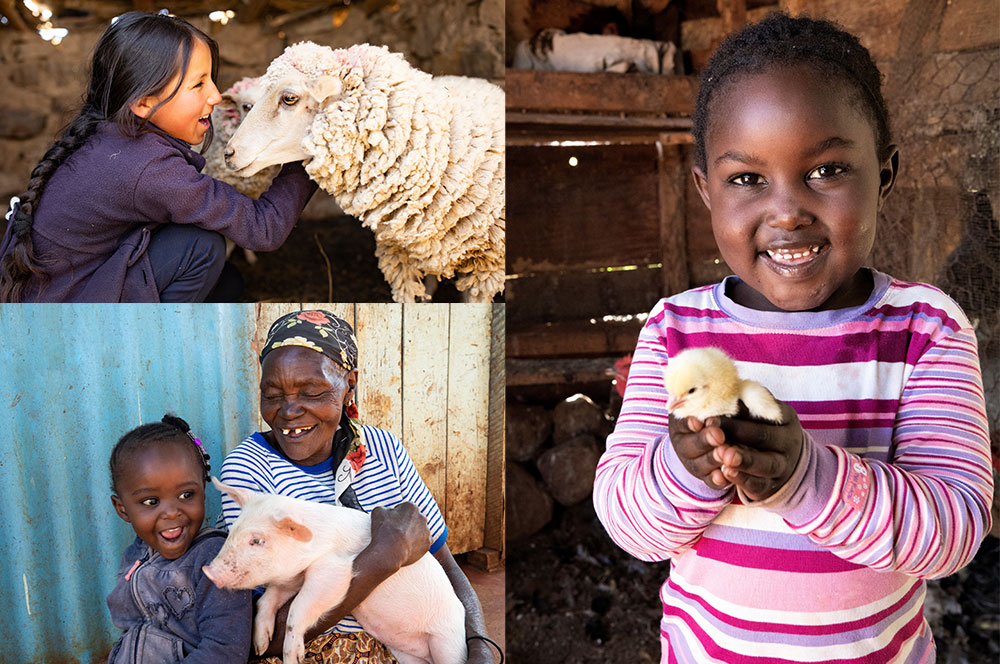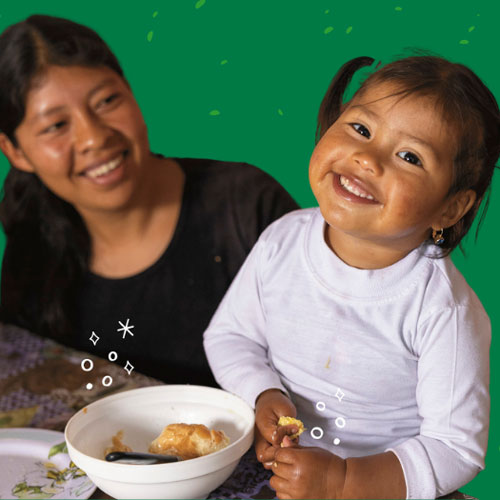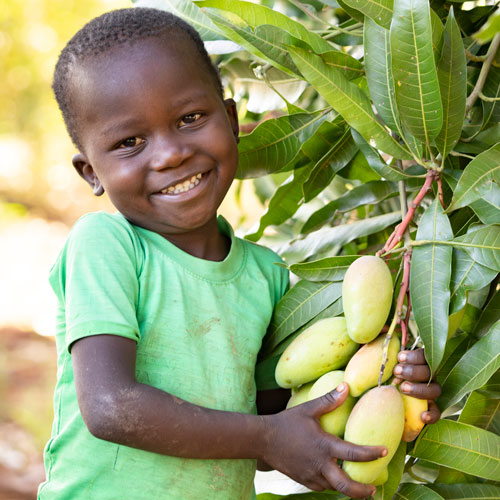International Day of the Girl Child is held annually on 11 October. Established by the United Nations (UN), this day is an opportunity to bring greater awareness to the unique challenges facing girls, particularly those living in poverty.
It is also a chance to celebrate girls’ achievements, promote empowerment, and advocate for the fulfilment of human rights for girls around the globe.
Girls have the right to a safe, educated and healthy life, and if effectively supported during adolescence, they have the potential to become the next generation of leaders, innovators, entrepreneurs and change-makers. Across the world, women and girls are tackling issues like early and forced marriage, education inequality, violence, climate injustice and inequitable access to healthcare.
There have been many great strides in achieving girls’ equality:
- Increased enrolment of girls in secondary school: Nearly two in three girls are enrolled in secondary school globally compared to one in two in 1998.
- Decline in harmful practices: Early marriage and female genital mutilation (FGM) have declined in the past 25 years.
- Increased literacy levels: Female youth aged 15-24 who are illiterate has declined from 100 million to 56 million between 1995 and 2018, but one in ten female youth remain illiterate today.
Despite significant gains in girls’ rights, progress has been uneven and far from equitable. To mark International Day of the Girl Child, we’re taking a moment to pause and reflect on what the day means, the achievements we’ve made in girls rights and what more can be done to create a more equitable world.
What is the origin of International Day of the Girl Child?
Twenty-five years ago, the United Nations Fourth World Conference on Women was held. More than 30,000 people from 200 countries gathered in Beijing to recognise the human rights of women and girls.
This conference led to the adoption of the Beijing Declaration and Platform for Action which is the most comprehensive policy agenda for the empowerment of women. It was the first UN declaration that was specifically for girls and women’s rights.
On 19 December 2011 the UN adopted Resolution 66/170 which declared 11 October as the International Day of the Girl Child. It was decided this day would be used to bring awareness to issues faced by girls around the world, including:
- access to education;
- early marriage;
- gender-based violence; and
- sexual and reproductive rights.
Each year a different theme is attached to the day, to keep the occasion current with contemporary priorities, and the pressing issues faced by women and girls.
What is the theme of International Day of the Girl Child in 2024?

This year’s theme is ‘Girls’ vision for the future.’ The theme conveys the need for change to be driven by the power of girls’ voices and vision for the future.
Disproportionately affected by the climate crisis, poverty, conflict and gender inequality, today’s generation of girls are still denied their rights, have their choices restricted and their futures limited.
With adversity however, comes resourcefulness, creativity, tenacity and resilience. As the United Nations says ‘it is time to listen to girls, to invest in proven solutions that will accelerate progress towards a future in which every girl can fulfil her potential.’
How you can get involved with International Day of the Girl Child activities
You can get involved with International Day of the Girl Child by spreading awareness about the challenges facing girls around the globe, or by donating to a cause that implements programs to improve the lives of girls.
Spreading awareness and educating people around you is an important role you can play. You can do this by sharing information on your social media or starting a conversation with colleagues, friends or family.
Another way you can get involved is by donating money to charities helping girls and young women in developing countries. You might also like to get a group together at work to contribute, as part of a workplace giving or corporate social responsibility program.
Educating girls’ can be transformative
One of the biggest challenges girls face is access to education. Around the world, 130 million girls are out of school, including 32 million of primary school age and 97 million of secondary school age. And in countries affected conflict, girls are twice as likely to be out of school than girls living in non-conflict affected countries.
At ChildFund, our work in education is focused on ensuring that girls have equal access to school and learning opportunities. Equal access to education means more than just getting to school. It is about ensuring girls feel safe and comfortable in the classroom. When schools lack the supplies and sanitation facilities for girls to manage their periods they can be forced to stay home. Out of fear of being teased, shamed or stigmatised, girls’ miss vital days of schooling each month for something natural and ordinary.
For girls like twelve-year-old Chenda* in Cambodia being pulled out of school was devastating. She wanted to learn, but her parents couldn’t afford books, uniforms or transport to get her there. ChildFund’s local partner in Cambodia helped Chenda to return to school by paying for her uniform, books and other school supplies.
“I now have a school bag, pen, writing book, pencil, shoes, and school uniform,” Chenda said. “I was very happy the day my grandfather told me the teacher had asked him to send me back.”
An equal future: supporting the rights of girls everywhere
At ChildFund, we don’t believe that girls’ futures are set in stone at birth. Every girl should have the right to choose their own path, access education and live life on their own terms.
Together, let’s empower girls and young women with the opportunities they need to succeed. If you would like to help girls achieve their potential, you can provide life-changing support by donating monthly.










